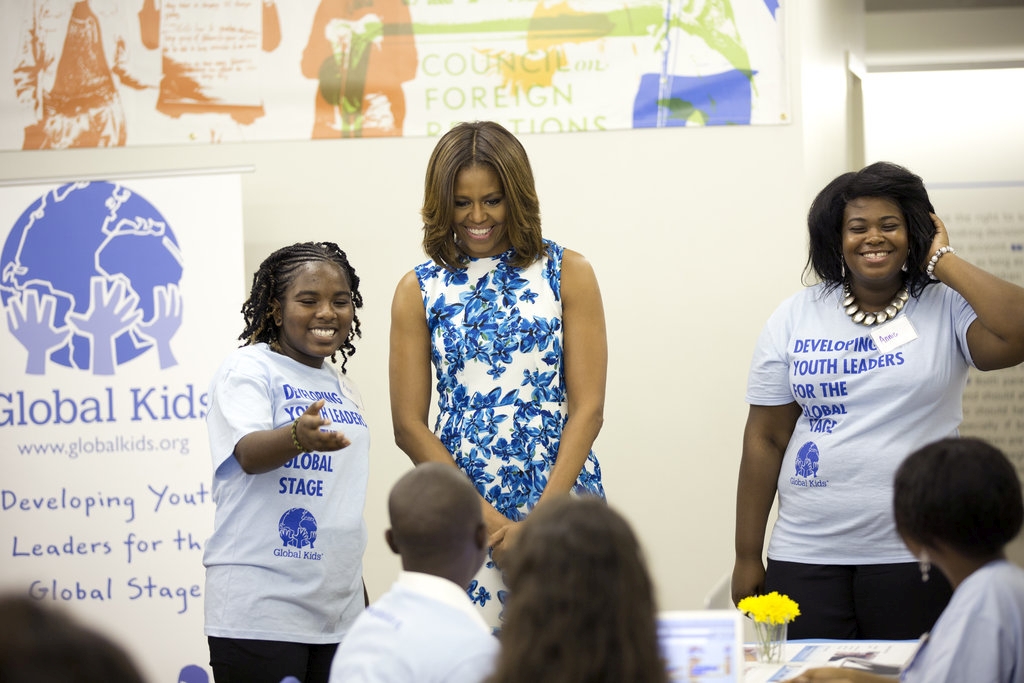Games-based Learning
Games design can teach systems thinking and design skills. Game play can teach content and skills. Both can also be great ways to connect with others, through making or playing.
Since 2003, I have been a passionate advocate for games-based learning. That year I co-founded Games For Change and launched the first Playing 4 Keeps (more below). I have keynoted the famous Games, Learning and Society conference and produced numerous mobile, web-based, and analog games about both global issue and topics in science, partnering youth with game designers and content experts.
Below are just a few examples:

AYITI: THE COST OF LIFE
Funded by Microsoft, developed with Gamelab and Brooklyn high school youth, the web-based game Ayiti: The Cost of Life, launched in 2006, went on to win awards, re-define social-impact gaming, and is now hosted by BrainPOP.

KILLER SNAILS
Killer Snails is one of the most successful card games produced at the American Museum of Natural History, developed by youth, scientists and game designers. An innovative entry in the genre of deck-building games, Killer Snails invites players to collect predatory cone snails that prey on fish, worms and other mollusks, to build a venom arsenal of potentially life-saving peptide toxins. It has won awards from the indie game industry and raised over $25,000 on Kickstarter.

MICRORANGERS
For over two years, youth at the American Museum of Natural History collaborated with science experts, app developers, game designers, and more to help create MicroRangers, an augmented reality mobile game that offers visitors a digital layer over four of the Museum’s permanent halls, in a race to stop the sixth extinction.

#SCIENCEFTW
The ambitious #scienceFTW program taught science content by pairing youth with Museum scientists to play and critique content-related games. This led to more than a half dozen programs that partnered youth with game designers to work with assets from the Exhibitions and Science departments to produce exhibit-related card games, to be sold in our stores and offered for download at the Museum website.

VIRTUAL WORLD PROGRAMS
Virtual World Programs are a set of offerings which use game or data visualization engines as the primary educational tool, such as exploring undersea life during the Cretaceous period using Second Life, global food distribution networks through Minecraft, and investigating what happened to the Neanderthals through interactive virtual dioramas in Skyrim.

PLAYING FOR KEEPS
Playing For Keeps, first launched at Global Kids in 2003, supports youth to use game design to address social and global issues. Its first games addressed Hurricane Katrina, medical racism in U.S. prisons, and poverty in Haiti. It began with games for the web and in Second Life and would soon incorporate mobile geolocative gaming (like NYC Haunts, used by youth programs in both the New York Public Library and the Brooklyn Public Library systems), geocaching (like Race to the White House) and more. It continues to be a core offering of Global Kids, has been taught to other organizations (like MOUSE), and informed my gaming-programs at the American Museum of Natural History.

